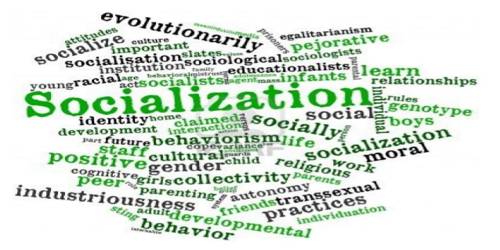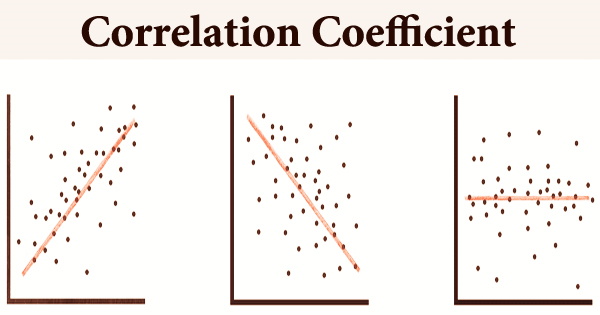Socialization is a process by which culture is transmitted to the younger generation and men learn the rules and practices of social groups to which they belong. Every society builds an institutional framework within which socialization of the child takes place. Mass Media has seemed to be an effective agency of socialization. This is true to some extent because now children are spending more time in front of the television than mingling with their parents and other family members
Mass Media:
Mass media—newspapers, magazines, comic books, radio, video games, movies, and especially television—present a very different form of socialization than any other, because they offer no opportunity for interaction.
The mass media are the means for delivering impersonal communications directed to a vast audience. The term media comes from Latin meaning, “middle,” suggesting that the media’s function is to connect people. Television shows, movies, popular music, magazines, Web sites, and other aspects of the mass media influence our political views; our tastes in popular culture; our views of women, people of color, and gays; and many other beliefs and practices.
The mass media include many forms of communication–such as books, magazines, radio, television, and movies–that reach large numbers of people without personal contact between senders and receivers. In an ongoing controversy, the mass media are often blamed for youth violence and many other of our society’s ills. The average child sees thousands of acts of violence on television and in the movies before reaching young adulthood. Since mass media has enormous effects on our attitudes and behavior, notably in regards to aggression, it is an important contributor to the socialization process.
The mass media of communication, particularly television, play an important role in the process of socialization. The mass media of communication transmit information’s and messages which influence the personality of an individual to a great extent. In the last few decades, children have been dramatically socialized by one source in particular: television. Studies have found that children spend more time watching TV than they spend in school. Television is an influence on children from a very young age and affects their cognitive and social development.
Children also learn about current themes and issues, both from newscasts and dramas—issues such as kidnapping, the homeless, and the spread of AIDS. Most of these issues and themes are not happy ones, and many are very frightening, especially when children watch programs that are intended for adults.
Research also suggests that young children obtain considerable political and social information from television.
Winn (1977) suggests that the experience of watching television itself is limiting. When people watch television, no matter what the program, they are simply watchers and are not having any other experience.
In addition to this, communication media has an important effect in encouraging individuals to support the existing norms and values or oppose or change them. They are the instrument of social power. They influence us with their messages.
Information Source:
















